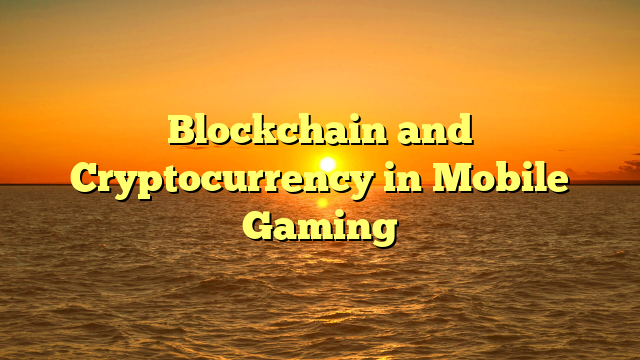The integration of blockchain technology and cryptocurrencies is increasingly influencing mobile gaming, introducing concepts like true digital toto kasino ownership, play-to-earn models, and decentralized economies.
Blockchain enables players to own, trade, and sell in-game assets securely through non-fungible tokens (NFTs). This shifts power from centralized publishers to players, allowing true ownership of virtual items, skins, characters, and land.
Play-to-earn games incentivize players to invest time and effort, earning cryptocurrency or NFTs that hold real-world value. This model has gained popularity in regions seeking alternative income sources and is reshaping monetization strategies.
Some mobile games incorporate blockchain-based marketplaces, where players can buy and sell assets with cryptocurrencies, creating a player-driven economy. These systems foster community engagement and create new revenue opportunities.
However, challenges include regulatory uncertainties, environmental concerns related to blockchain energy consumption, and potential scams or fraud. Ensuring transparency, security, and fair play is essential for sustainable growth.
Moreover, integrating blockchain features requires technical expertise and may increase development costs. Developers must balance innovation with user accessibility and regulatory compliance.
As blockchain and cryptocurrency adoption increases, mobile gaming is poised to evolve into a more decentralized and player-centric ecosystem, opening new horizons for monetization and community building.
